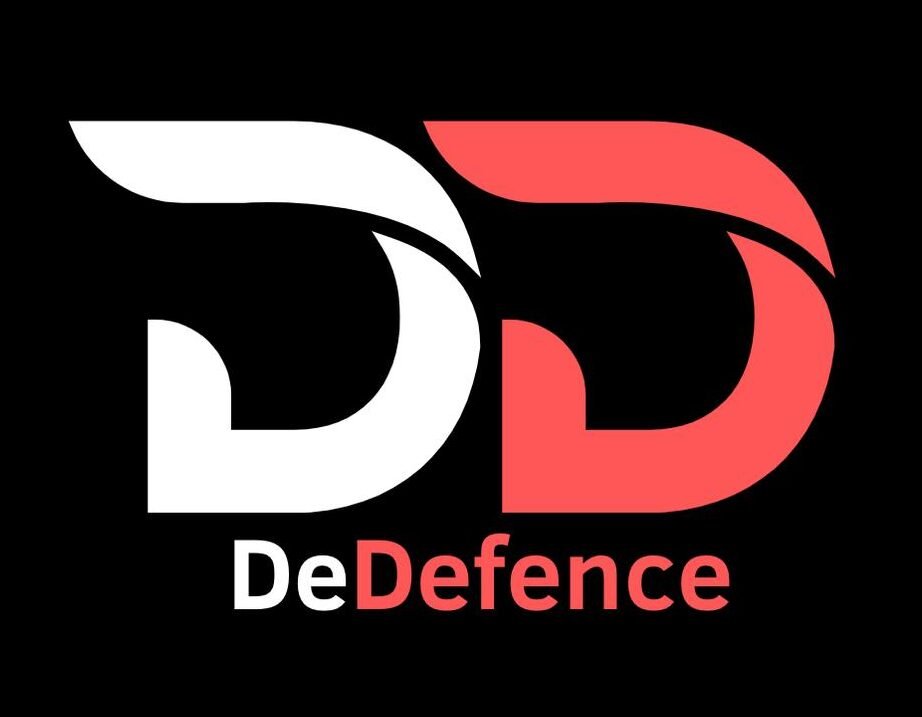In today’s fast-paced digital world, cybersecurity is more important than ever. With the rise in cyber threats and data breaches, companies and individuals need skilled professionals who can safeguard their digital assets. That’s where ethical hacking comes into play.
Are you curious about the world of hacking? Do you want to learn how hackers think and act, but for a good cause? Ethical hacking could be the perfect path for you. This blog post will guide you through what ethical hacking is, why it’s essential, and how you can get started with a hacking course designed specifically for students like you.
What is Ethical Hacking?
Ethical hacking involves testing the security of systems, networks, and applications by using the same methods and techniques that cybercriminals use—only for good. Instead of exploiting vulnerabilities for personal gain, ethical hackers identify weaknesses so they can be fixed before malicious hackers can take advantage of them.
The goal is to help organizations improve their cybersecurity measures by understanding potential threats from the inside out. Ethical hackers are often referred to as “white hats,” and they play a critical role in defending against cyberattacks.
Why Should Students Consider Learning Ethical Hacking?
- High Demand for Cybersecurity Professionals
The demand for skilled cybersecurity professionals is skyrocketing. As technology continues to evolve, so do the tactics used by cybercriminals. This creates a growing need for professionals who can understand, identify, and mitigate cyber risks. By learning ethical hacking, you position yourself in a field that offers high job prospects, competitive salaries, and career growth. - Hands-On Learning Experience
Ethical hacking courses often provide hands-on training where students can practice skills in real-world scenarios. This practical experience is invaluable and helps build a deeper understanding of how hacking works, and how to stop it. Students can get involved in penetration testing, vulnerability assessments, and network security tasks, which can be directly applied in a professional setting. - Challenge Yourself and Have Fun
Hacking isn’t just about breaking into systems—it’s about solving puzzles and figuring out how things work. If you’re someone who loves challenges and problem-solving, ethical hacking can be an exciting and rewarding field. Plus, you get to learn while making a real-world impact on online security. - Make a Difference
Ethical hackers help protect sensitive information, prevent data breaches, and contribute to making the internet a safer place for everyone. Knowing you’re working to protect businesses, individuals, and society from cybercrime gives the job a strong sense of purpose.
What You’ll Learn in an Ethical Hacking Course
When you enroll in an ethical hacking course, you’ll gain a solid foundation in several key areas, including:
- Basic Networking and Operating Systems: Understanding how networks function and the underlying systems (like Linux and Windows) is crucial in ethical hacking. You’ll learn about TCP/IP protocols, subnets, DNS, firewalls, and more.
- Hacking Tools and Techniques: Get hands-on experience with tools like Kali Linux, Metasploit, Wireshark, and Nmap, among others. You’ll learn how to scan, detect, and exploit vulnerabilities.
- Penetration Testing: Pen testing is a core part of ethical hacking. You’ll learn how to simulate cyberattacks to identify weaknesses before malicious hackers do.
- Web Application Security: Websites are frequent targets of cyberattacks. Learn about common vulnerabilities like SQL injection, cross-site scripting (XSS), and how to secure web applications.
- Cryptography and Encryption: Understand the science of encoding data and how encryption methods keep sensitive information safe from hackers.
- Ethical Hacking Laws and Best Practices: Understand the legal side of hacking, including how to stay within the law while conducting ethical hacking activities.
How to Get Started
Getting started with ethical hacking as a student is easier than you might think. Here’s a simple roadmap to help you begin:
- Choose the Right Course
Look for a course that offers comprehensive training and covers all the essential areas of ethical hacking. A good course should include hands-on exercises, lab sessions, and real-world examples. - Learn the Basics of Networking and Programming
Before diving into ethical hacking, it’s important to have a solid grasp of computer networks and basic programming (Python, Java, or C++). You’ll find this knowledge invaluable as you move deeper into the subject. - Practice, Practice, Practice
Ethical hacking is a skill you develop over time. Make use of free online labs, participate in Capture the Flag (CTF) challenges, and explore platforms like Hack The Box to hone your skills in a safe, controlled environment. - Certifications and Career Opportunities
After completing your course, consider earning certifications like Certified Ethical Hacker (CEH) or Offensive Security Certified Professional (OSCP). These credentials will give you a competitive edge in the job market. - Join the Community
Ethical hacking has a vibrant online community. Engage with others in forums, attend cybersecurity conferences, and stay updated on the latest hacking trends. Networking with other professionals can open doors for career opportunities.
Conclusion
Ethical hacking is not only an exciting field but also an incredibly important one. As the digital landscape continues to grow, so does the need for skilled professionals who can protect sensitive information and prevent cybercrimes. If you’re passionate about technology, problem-solving, and making a real impact on cybersecurity, ethical hacking is a career worth pursuing.
Start your journey today by enrolling in a hacking course designed for students. With the right training, determination, and a curious mind, you can unlock the door to a rewarding and future-proof career in cybersecurity.
So, what are you waiting for? Dive in and discover the world of ethical hacking!




